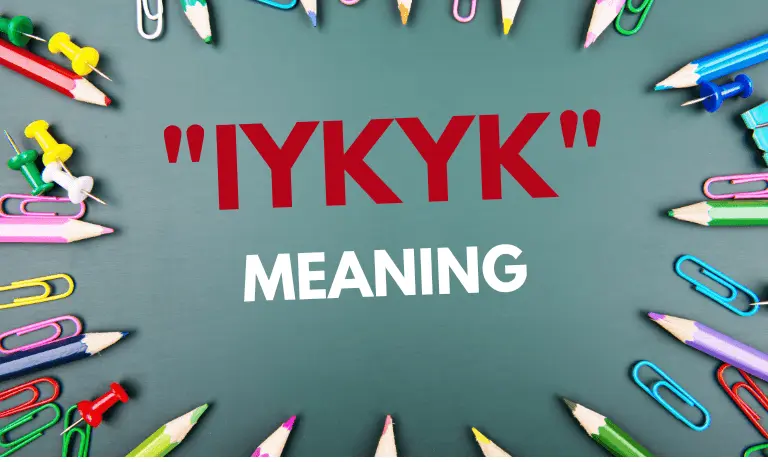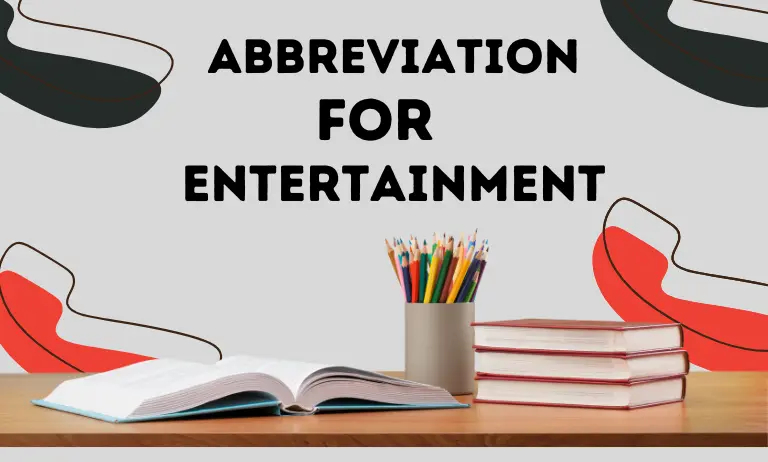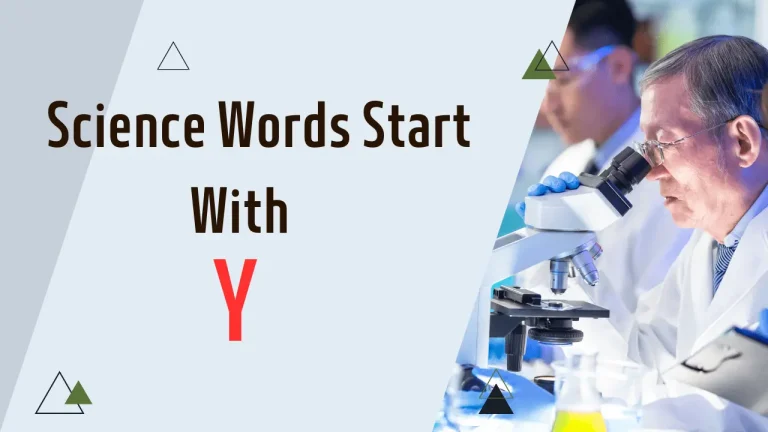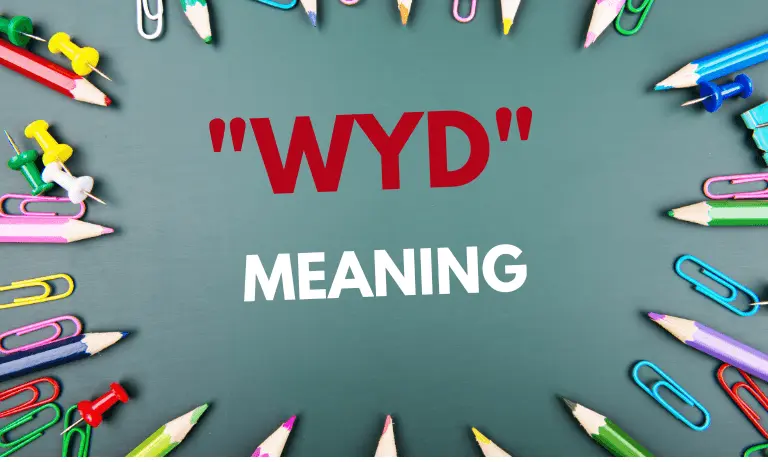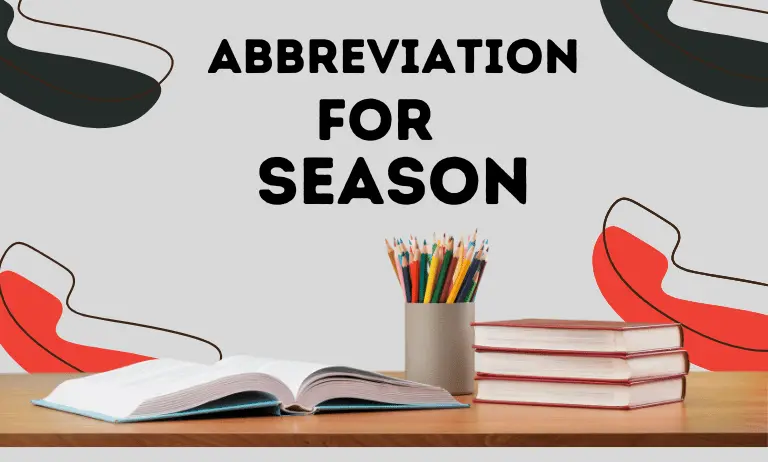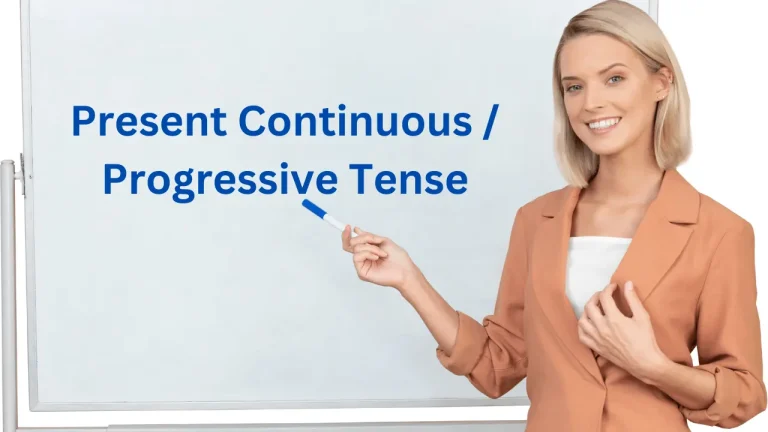Clause And Its Types – Definition, Types, Examples
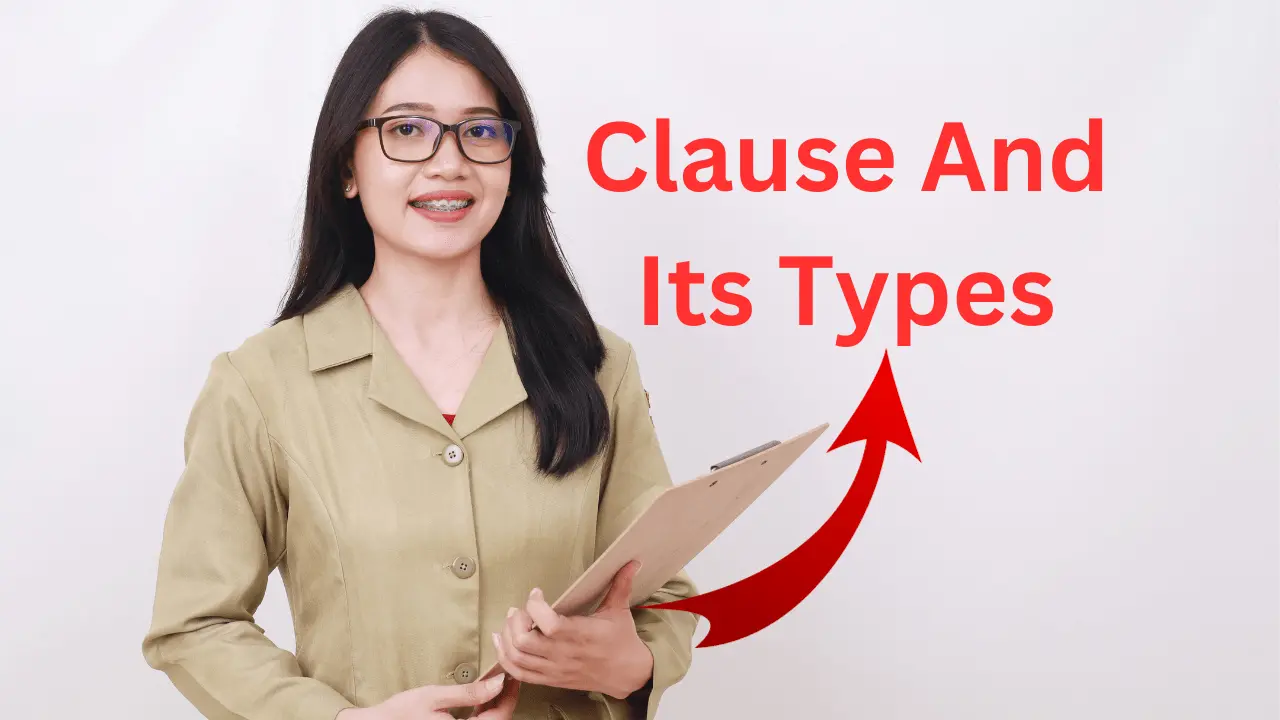
Clause And Its Types – In English Grammar
Clauses are an essential part of the English Language, and mastering their use can greatly improve your sentences and help avoid grammar mistakes.
A clause is composed of a group of words that include a subject and a finite verb. It contains only one subject and one verb. The subject of a clause can be mentioned or hidden, but the verb must be apparent and distinguishable.
Do you want to know about clause and Its types and how to use them in sentences?
A clause is “a group of words containing a subject and predicate and functioning as a member of a complex or compound sentence.
Clause and Its types used in sentences:
Clause And Its Types
Clauses are classified into 2 types according to behavior in a sentence. They’re:
1. Dependent Clause
A dependent clause, on the other hand, cannot stand alone as a sentence and is dependent on an independent clause to make sense.
Clauses used in sentences:
The types of dependent clauses are:
Noun Clauses
Dependent Clauses acting as Nouns in sentences are called Noun Clauses or Nominal Clauses.
I.e. These often start with “how,” “that,” other WH-Family (What, Who, Where, When, Why, Which, Whose and Whom), if, whether etc.
Noun Clauses used in sentences:
Adjective Clauses
An adjective clause is a dependent type of clause which modifies nouns or pronouns in your main clause.
Adjective Clauses used in sentences:
Adverb Clauses
An adverb clause is a group of words which contains a subject and a predicate of its own, and does the work of an adverb.
Note: It can modify a verb, an adjective or an adverb in the principal clause.
Adverb Clauses used in sentences:
2. Independent Clause
An independent clause, as mentioned earlier, can stand on its own as a sentence and expresses a complete thought.
Note: In a sentence two independent clauses can be connected by the coordinators: and, but, so, or, nor, for, yet.
Independent Clauses used in sentences:
FAQs
Conclusion
By mastering the use of clause and its types, you can create more complex sentences, clarify relationships between ideas, and avoid common mistakes.
Remember to always check for subject-verb agreement and proper punctuation when using clauses in your writing. Soon, you will become a master of English grammar and take your writing and communication skills to the next level. Thanks for reading.
